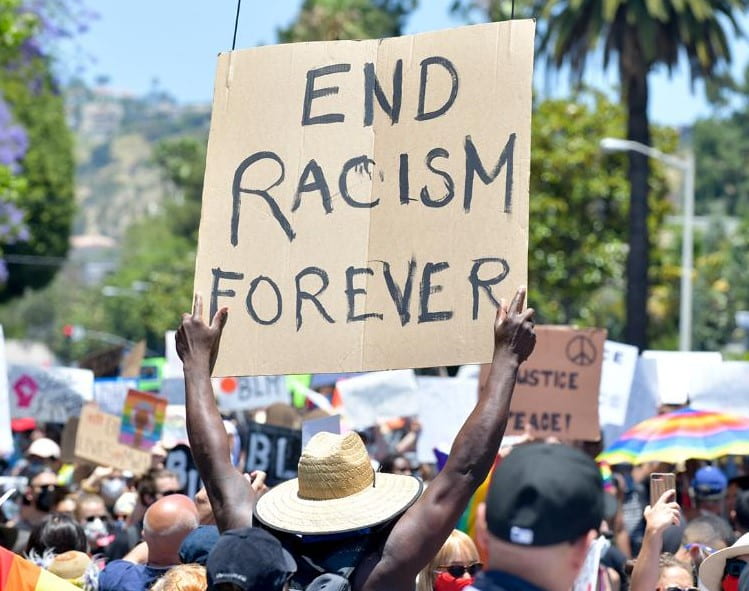Recently, in a message of support to USC’s international community, OIS shared some thoughts about the harm caused by systemic racism in our society. We also pledged to do more to raise important issues such as this within our community, as well as to provide information for those who wish to learn more and become involved in change efforts. OIS is joining together with other voices from across USC to speak out against racism, and to support USC international students and scholars who want to make a positive difference.
As part of this effort, we are highlighting two USC resources: Anti-racist materials compiled by Student Equity and Inclusion Programs (SEIP), and helpful tips from the USC Gould Immigration Clinic for non-US citizens interested in participating in protests and advocacy activities, including those combatting racism.
Anti-Racist Resources – Provided by USC’s Student Equity and Inclusion Programs (SEIP)
SEIP has developed a list of readings, organizations, and advocacy tips for individuals interested in learning more about racism, and understanding what it means to be anti-racist. These resources come from a diverse group of contributors, both in and out of USC, and are a great starting point for anyone looking to gain new perspectives about anti-Black racism, as well as other forms of bias and discrimination.
Interested in Protesting? Know Your Rights
The USC Gould Immigration Clinic, a legal clinic of the Gould School of Law, has provided the following helpful information for non-US citizens wanting to know more about their rights to be involved in advocacy and protests:
Getting Involved
International students and scholars, and all other non-US citizens (permanent residents, DACAmented immigrants, and undocumented immigrants) have the same First Amendment rights as US citizens to protest and demonstrate peacefully. You may also get involved in community organizations, volunteer your time for causes that you care about, and donate money to groups that you want to support.
Take Care to Avoid Being Arrested
Since any arrests or convictions will likely have a negative impact on your immigration status, now or in the future, you should take extra care to avoid breaking the law and avoid situations in which you are likely to be arrested. If participating in a demonstration or protest, you can do this by being as aware as possible of your surroundings and moving away from violence or threatening situations or moving away from police lines.
As a practical matter, if you are arrested there is not anything a lawyer can immediately do for you. If you are permitted to make a phone call, it is better to call a friend to report what has happened and ask the friend to contact a lawyer. Be aware that all calls are recorded so do not discuss details about any incidents. Before you go to demonstrate, let your friends know what you are doing. If you are arrested your phone will be taken away from you, so you should memorize a friend’s number to call.
Further Resources Related to Rights of Protesters
The American Civil Liberties Union (ACLU) provides details about the right to protest and what to do and not to do.
The USC Gould Immigration Clinic has an emergency number that members of USC’s international community may call if arrested. If a student is arrested and the clinic is contacted, they will do their best to respond or to identify other attorneys who can assist. Visit their website for contact information and additional “Know Your Rights” information.
Next Steps
Over the coming weeks and months, OIS will share additional resources focused on racism and bias, with a special focus on information that is helpful for international students and scholars. We will also continue to promote USC-based activities that seek to help our community become more informed of the impact of racism, as well as how anyone can get involved in efforts to speak up against racism and make a difference.
